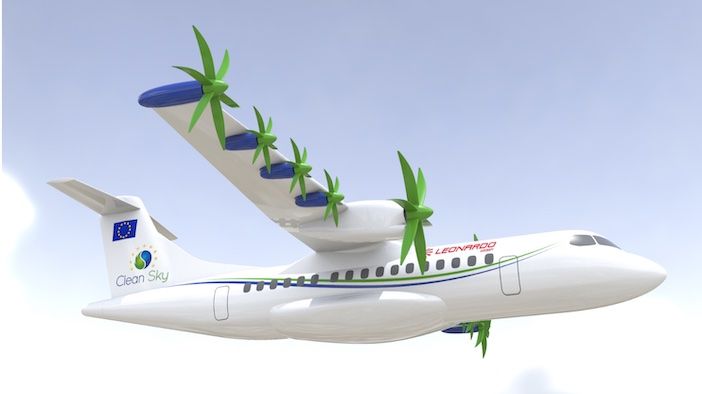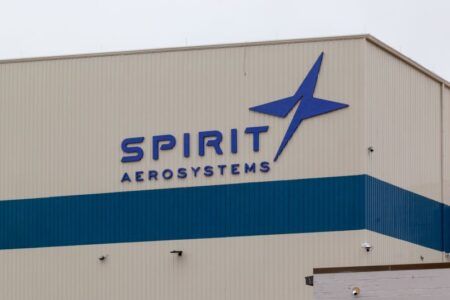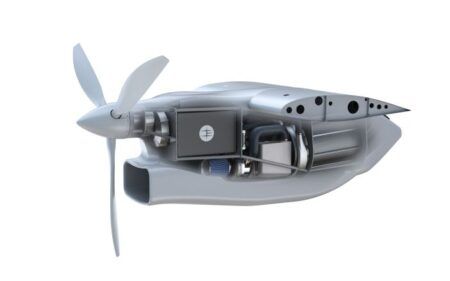Researchers at the University of Nottingham in the UK have received £10 million (US$12 million) to work on several projects connected to the development of zero-emissions aviation.
Several projects at the University’s Institute of Aerospace Technology (IAT) are sharing the £10 million (US$12 million), which aim to develop hybrid-electric aircraft and components for liquid hydrogen fuel cell-based propulsion systems.
Serhiy Bozhko, director of the IAT at the University of Nottingham said, “The aerospace industry hasn’t really changed since the jet engine in the 1950s. Therefore, technologies that will reduce our reliance on fossil fuel and improve the efficiency of flight are of ultimate importance to help us deliver the next great breakthrough in disruptive technologies.
“We hope to have a major impact on the future of aviation through our involvement in these new, ambitious projects.”
For HECATE (Hybrid-ElectriC regional Aircraft distribution Technologies), researchers will develop high, power electronic converters required for hybrid-electrical aircraft. HECATE is being led by Collins Aerospace and involves a consortium of 37 European organizations and companies.
The Newborn project, which is being led by engineering firm Honeywell intends to bring aviation-graded fuel cells fed by liquid hydrogen onto the market for use in large, turbine-powered aircraft, as soon as is safely possible. It will also address high power density high voltage energy conversion, propulsion systems, and the next generation of microtube heat exchangers – with the ambition of achieving an overall propulsion system efficiency of 50% by the time the project ends in 2026.
As part of Newborn, researchers will build an electrical drivetrain alongside an electrical machine and associated power electronics.
Finally, Hera (Hybid Electrical Regional Aircaft), which is being led by aerospace and defense firm Leonardo, will develop an aircraft of around 50 to 100 seats ready for entry into service by the mid-2030s that will include hybrid-electric propulsion using batteries or fuel cells resulting in up to 90% lower emissions.
The Hecate, Newborn and Hera projects are part of the EU’s Clean Aviation Joint Undertaking, which aims to make the aviation industry more environmentally sustainable. Clean Aviation is the successor to the EU’s Clean Sky 2, the last research projects of which are expected to complete next year.
Pat Wheeler, global director of the IAT at the University of Nottingham and principal investigator for HECATE, said: “We are delighted to be so involved in these Clean Aviation projects, which follow on from our work in the Clean Sky programs.
“Our involvement allows us to continue our work on large power electronic converters and the vision of electric propulsion systems, as part of the solution to net zero flight, using the superb facilities of the recently opened Power Electronics, and Machines Centre Building and the Aerospace Technology Centre.
Chris Gerada, lead for the University’s strategic research and innovation initiatives in the Faculty of Engineering said, “We have invested in manufacturing and testing facilities over the past five years to support the effective development of MW-class electrical solutions and are committed to retaining the university’s internationally leading position in net zero aviation and will continue to invest in its excellent people and infrastructure.”
HECATE and NEWBORN will also benefit from a six-figure contribution from the University of Nottingham Italy, an independent research venture based in the Campania region, designed to work in synergy with Italian and EU partners on R&D projects.





